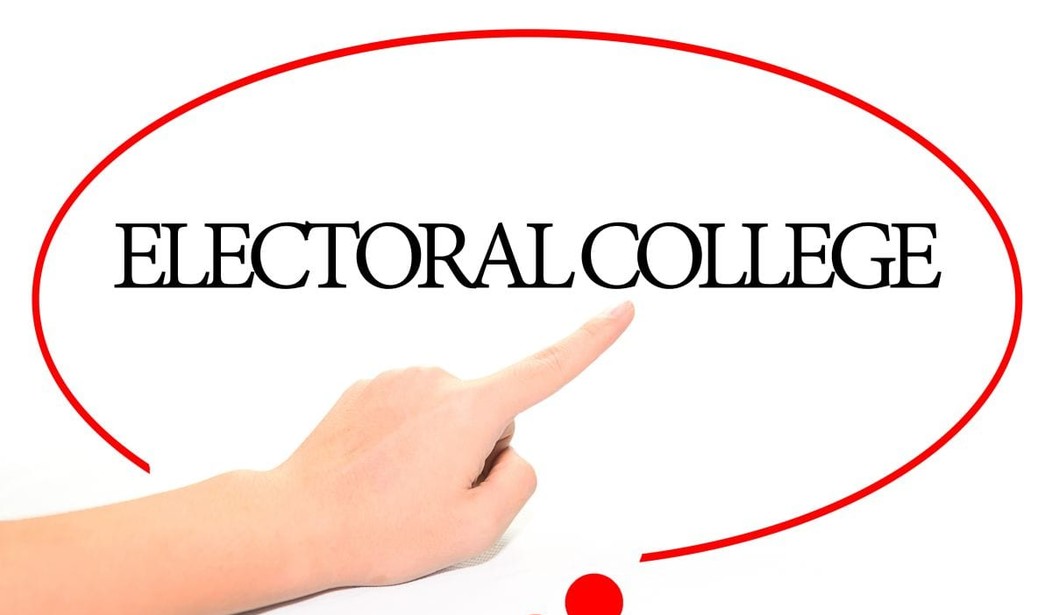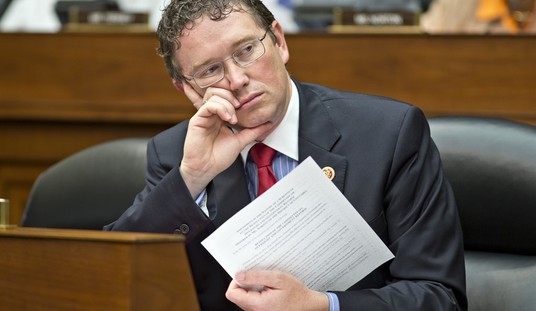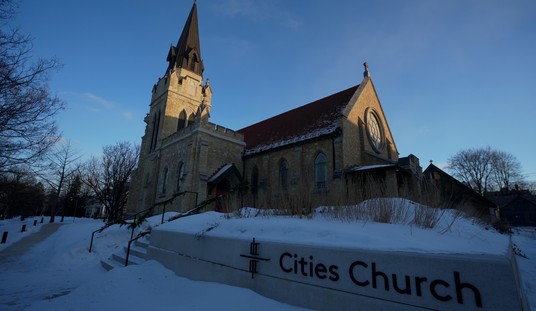It’s amazing to contemplate sometimes how American democracy works at all.
A Democratic elector from Washington state has confirmed that he will not cast his ballot for Hillary Clinton when the Electoral College meets in December. Clinton is expected to win the state easily.
“Faithless electors” are rare in American politics but they could potentially throw a real monkey wrench into the inner workings of the republic.
“No, no, no on Hillary. Absolutely not. No way,” said Robert Satiacum, a member of Washington’s Puyallup Tribe who had supported Vermont Sen. Bernie Sanders as the Democratic presidential nominee.
He had earlier told various media outlets he was wrestling with whether his conscience would allow him to support Clinton and was considering stepping aside for an alternate elector. But on Friday, he sounded firm, even if the election is close.
“I hope it comes down to a swing vote and it’s me,” he said. “Good. She ain’t getting it. Maybe it’ll wake this country up.”
Bret Chiafalo, a Democratic elector from Everett who is also a Sanders supporter, said he is considering exercising his right to be a “conscientious elector” and vote for the person he believes would be the best president.
“I have no specific plans, but I have not ruled out that possibility,” he said.
Satiacum is more adamant.
Speaking with The Seattle Times by phone from the site of protests against the Dakota Access Pipeline, he said he did not trust Clinton on tribal or environmental issues, and expressed anger that the Obama administration has not halted the project. The Associated Press first reported his decision Friday.
Satiacum, 56, was picked as one of 12 Democratic electors at Washington’s Democratic Party convention this year in Tacoma — a gathering dominated by supporters of Sanders, who won the state’s caucuses in March.
While voters will cast the final ballots for presidential candidates Tuesday, the election is actually decided by 538 electors from the various states — with 270 needed to win. In all but two states, the winner of the popular vote is supposed to receive all of the state’s electors.
The electors meet Dec. 19 at state capitols to cast the Electoral College ballots. There is no constitutional requirement they follow their states’ popular votes, but so-called “faithless electors” are a rarity and have never decided an election.
In Washington state, there is a $1,000 fine for electors who do not honor the election results.
Before voters could directly vote for president, they voted directly for electors. Prominent and respected citizens would run on the ballot after having announced their choice for president.
Today, electors are chosen by political parties, usually at state conventions. There’s sometimes a nominal fine imposed by the state for an elector failing to cast his or her ballot for the winner of of the state’s popular vote, but otherwise, there is no barrier for an elector to vote any way he or she chooses.
Since the founding of the Electoral College, there have been 157 faithless electors. 71 of these votes were changed because the original candidate died before the day on which the Electoral College cast its votes. Three of the votes were not cast at all as three electors chose to abstain from casting their electoral vote for any candidate. The other 82 electoral votes were changed on the personal initiative of the elector.
Sometimes electors change their votes in large groups, such as when 23 Virginia electors acted together in 1836. Many times, however, these electors stood alone in their decisions. As of the 2004 election, no elector has changed the outcome of an election by voting against his or her party’s designated candidate.
Despite these 157 faithless votes, and a Supreme Court ruling allowing states to empower political parties to require formal pledges from presidential electors (Ray v. Blair, 343 US 214), 21 states still do not require their members of the Electoral College to vote for their party’s designated candidate.
Satiacum has promised to try to educate other electors across the country about their rights. He seems an unlikely vessel for an electoral revolution, but considering how weird this race has been already, who knows?
And consider this: If it’s a close race in the Electoral College, a few faithless electors could throw the election to the House of Representatives, or even overturn the result of the popular vote and hand the election to the candidate who originally received fewer electoral votes.
We should pray that either candidate wins in an Electoral College landslide in order to avoid these nightmare scenarios.










Join the conversation as a VIP Member